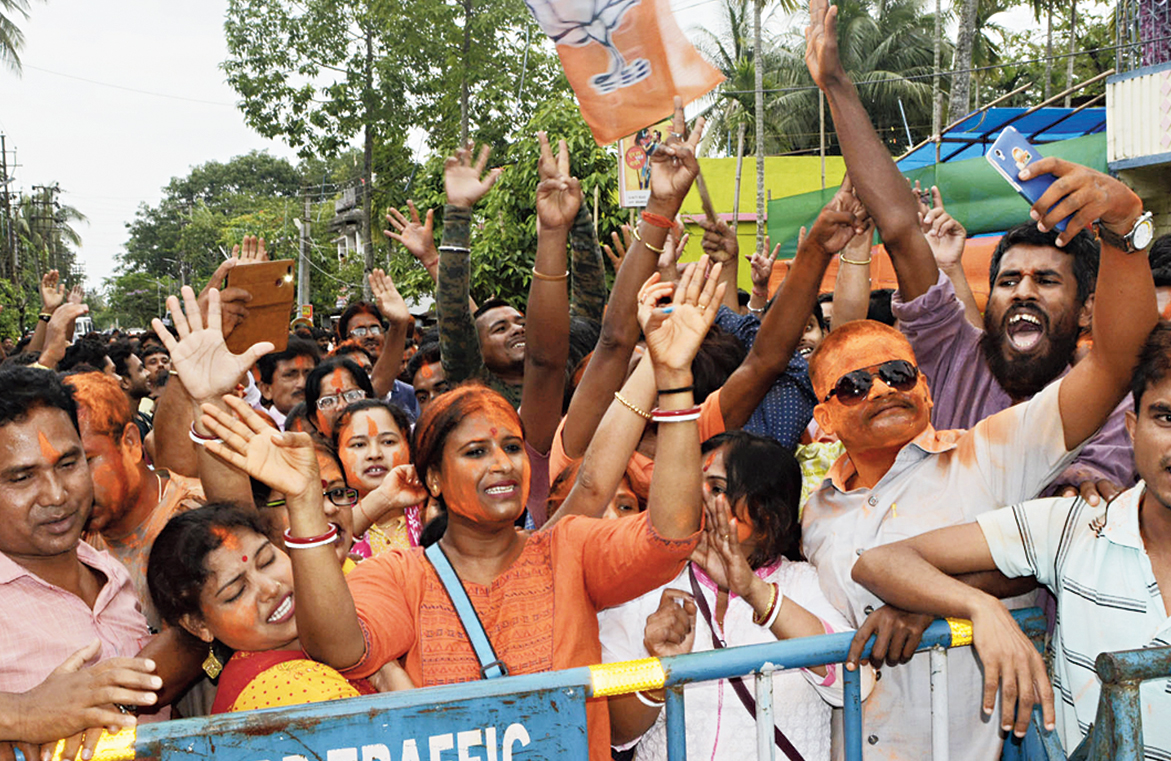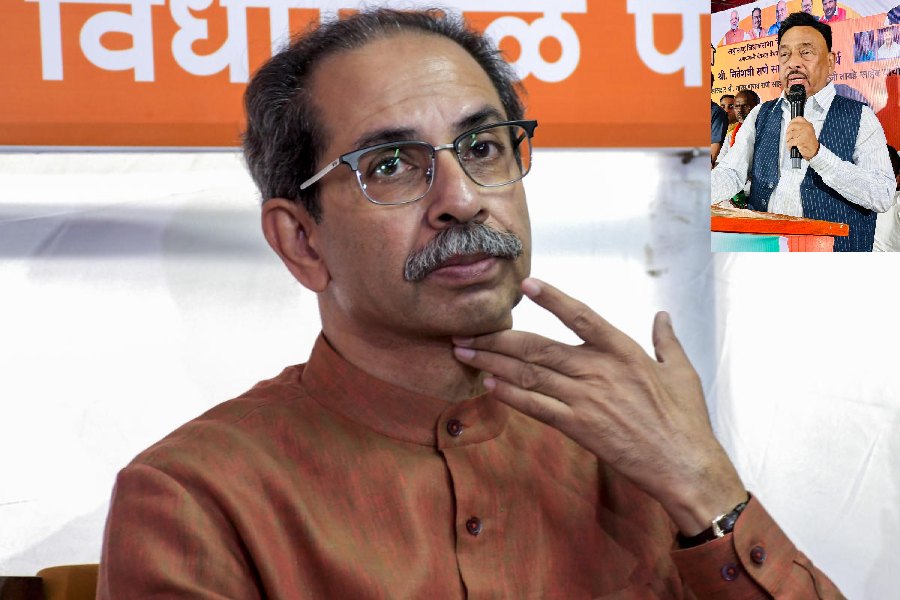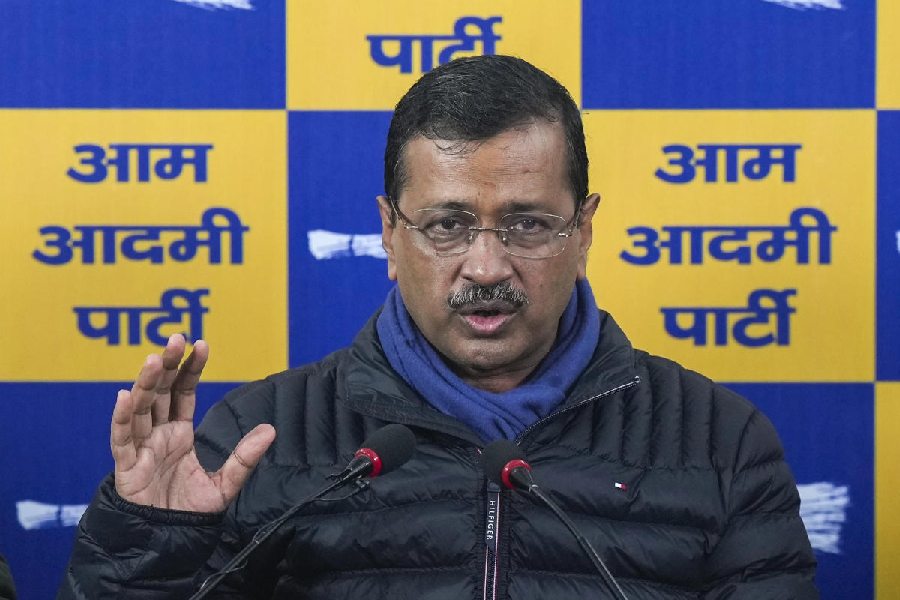As Bengal produced the biggest surprise of the general elections with the BJP leading in 18 seats till late on Thursday evening, political analysts looked for reasons that lead to the drastic erosion in the hegemony of the Trinamul Congress.
The Telegraph looks at some of the key reasons in the discourse.
Transfer of Left votes
Perhaps the single most significant factor that made the difference is the Left vote share dropping to around 7-8 per cent from nearly 30 per cent it won in 2014, while the BJP’s rose to around 40 per cent from 17 per cent five years ago. Despite Mamata Banerjee ensuring a rise in her party’s vote share, from 39.77 per cent in 2014 to 43.54 per cent, the apparent transfer of Left votes made all the difference. The Congress’s vote share also got halved from around 10 per cent in 2014.
Politics of polarisation
The results confirmed the apprehensions of a polarised Bengal electorate. This gave the BJP an edge even in seats with substantial minority populations. Although Mamata apparently managed to secure a bulk of minority votes, the polarisation helped the BJP make drastic gains.
Panchayat backlash
Nearly 34 per cent seats in the three-tier panchayat system had gone uncontested in favour of the Trinamul, allegedly because of the ruling party’s strong-arm tactics. Estimates suggest that around 1.75 crore people were denied their voting rights in the state last summer. This had created a strong undercurrent of resentment against Trinamul in rural Bengal. It was evident from the long queues from early morning outside booths this time.
Grassroots corruption
People in large parts of the state were aggrieved against Trinamul’s lower-tier leaders because of their alleged involvement in corruption, especially at the panchayat level. The corruption in the lower levels had resulted in over 35,000 complaints of misappropriation of funds, lodged with the panchayat department, against Trinamul-run bodies in the last two years alone. Panchayat department officials said the department could not act on the complaints, as the government refused approval in most cases.
Extortion anger
People across the state had been angry over the involvement of Trinamul leaders and activists in extortion activities. From demanding cuts from government aid to rural masses to syndicates in real estate in the urban centres, such activities had allegedly become rampant across the state over the past few years.
Trinamul’s infighting
Countless problems between rival factions of the ruling party and intense bickering between them has been a bane for Trinamul, a problem Mamata has not been able to solve despite many warnings. Unlike in elections earlier, this factor apparently worked against the Trinamul this time.
Missing action
Despite warnings from Mamata, there was no major instance of action on complaints against her party’s leadership and activists. The popular angst seems to have finally caught up with Trinamul.











